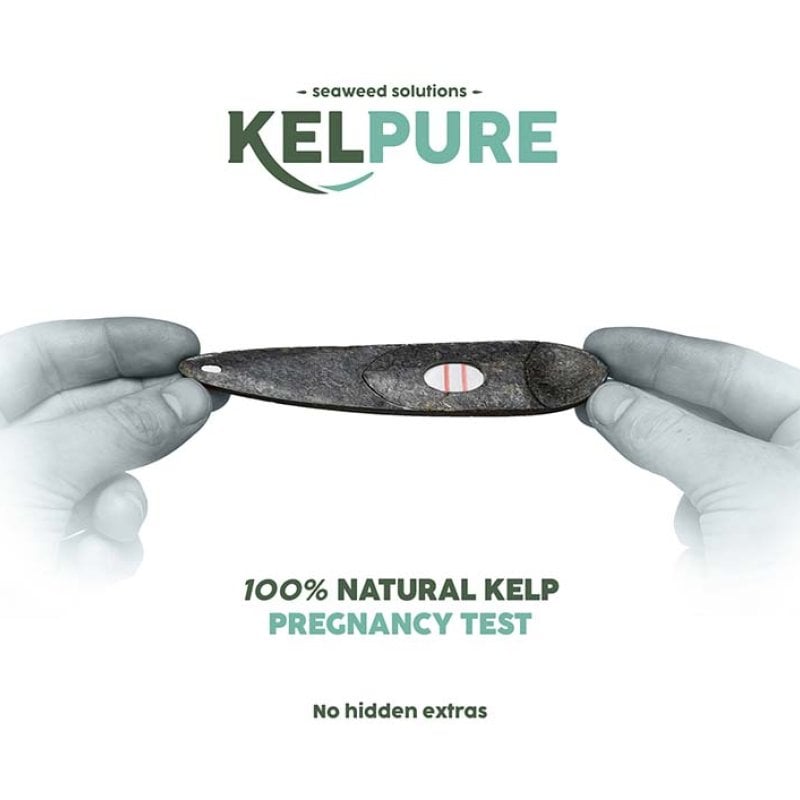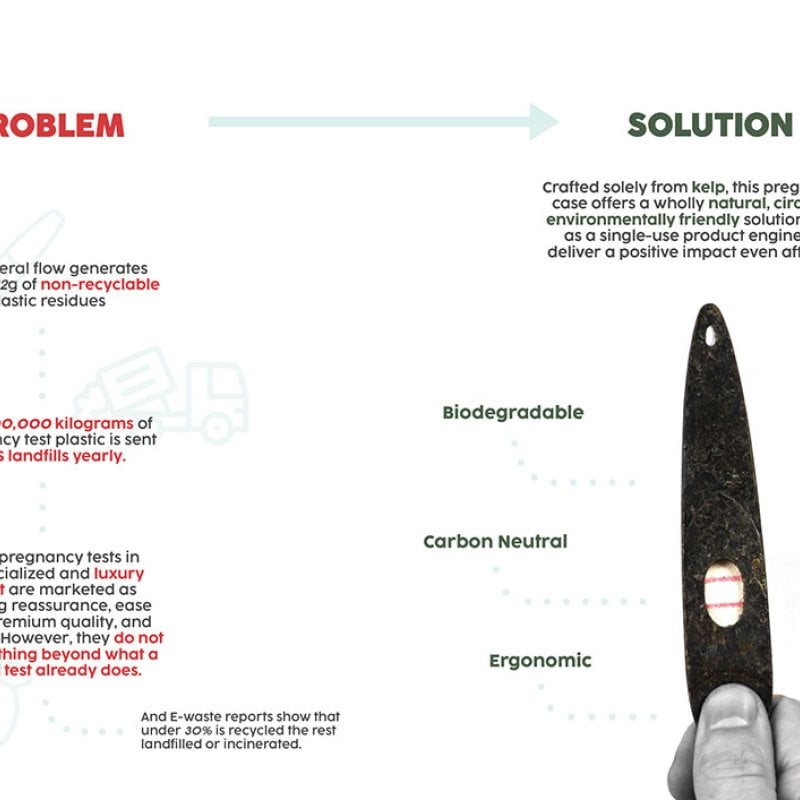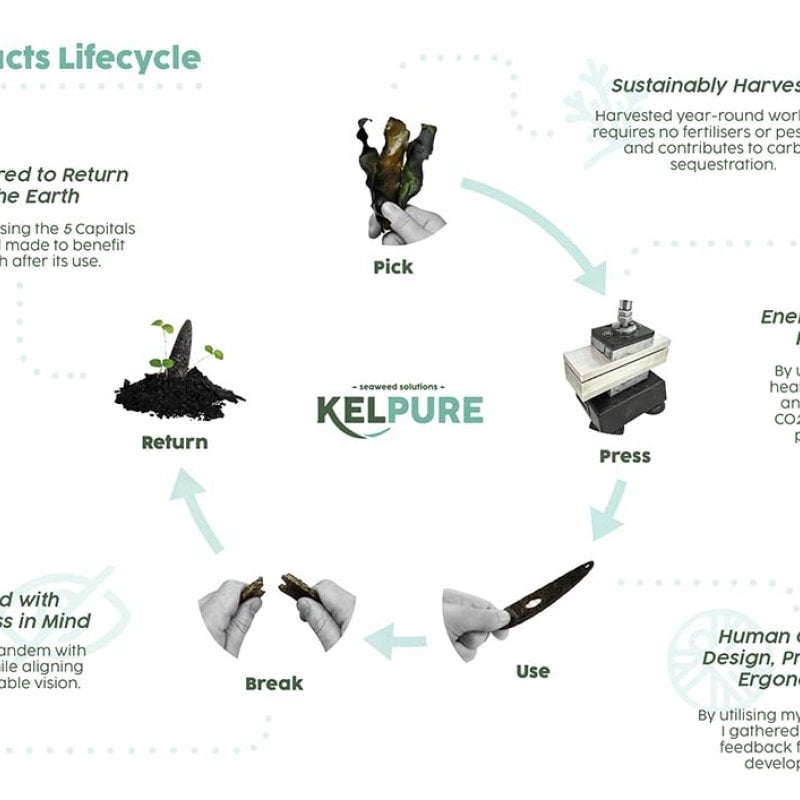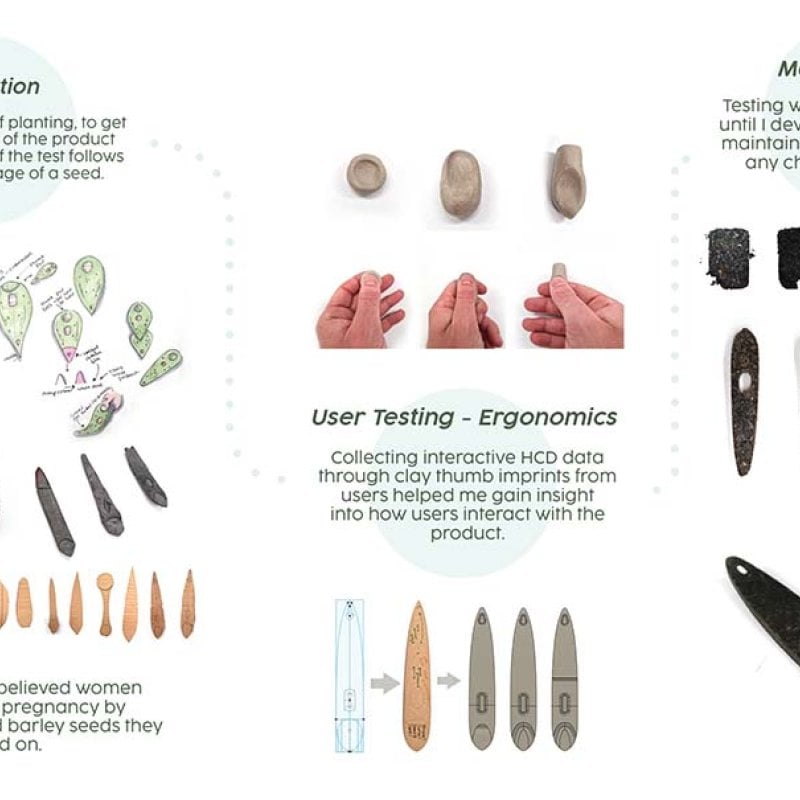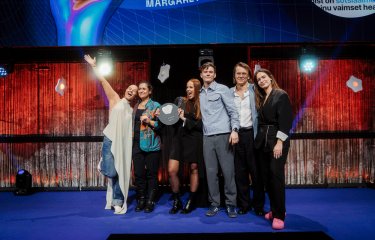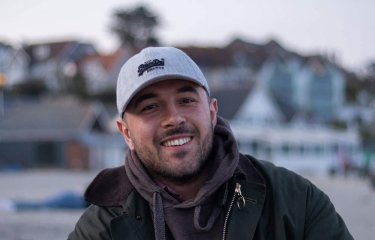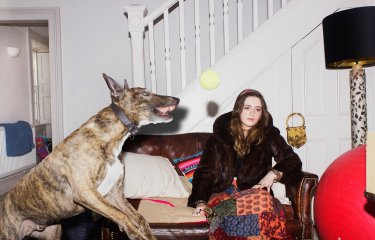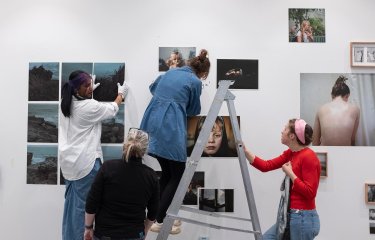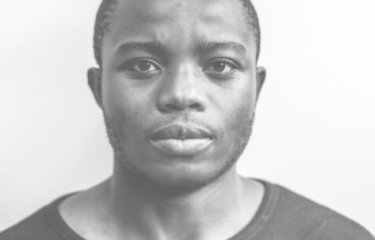Product Design graduate Will Falch-Lovesey on his innovative seaweed-based pregnancy test kit
08 November 2024
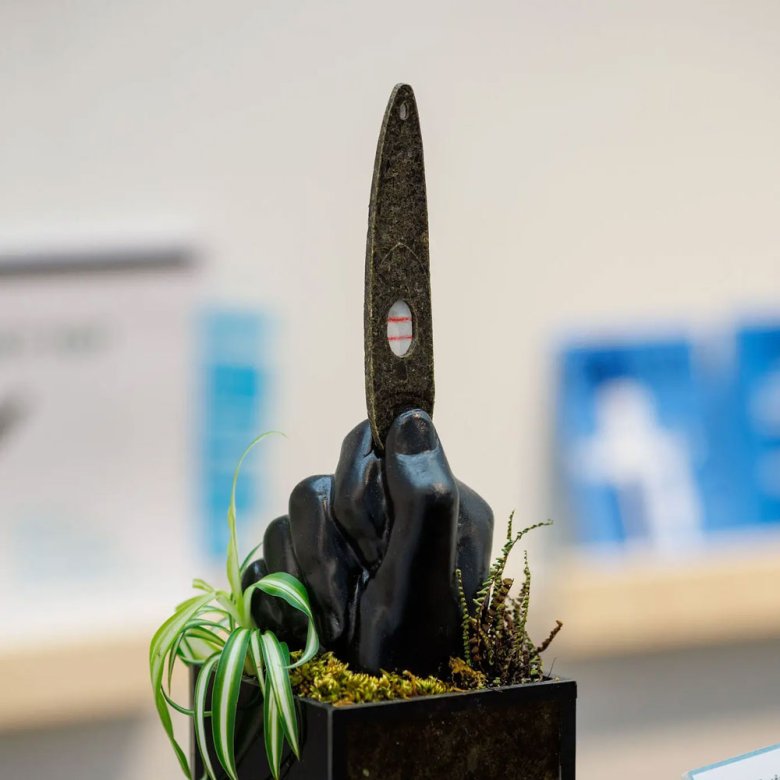
Graduate Will Falch-Lovesey initially joined the Sustainable Product Design course at Falmouth with doubts he was capable enough for the more technical aspects of design or product engineering. He now finds himself with a degree in hand and plenty of industry praise for designing the first all-natural, fully biodegradable, and environmentally beneficial pregnancy test.
Will’s project, Kelpure, garnered national attention, earning recognition from the Materials and Design Exchange (MaDE) at New Designers, Creative Conscience Awards, and even a feature in The Guardian.
We caught up with Will at the end of what has been a fantastic year.
Tell us about your project, and how the idea came about.
I wanted to make a positive impact by reducing the millions of tonnes of plastic waste caused by pregnancy tests.
The idea for my project emerged in my final year. Initially, I struggled to find the right concept, knowing it needed to address a real problem while fitting within my time, resource, and budget limits. I became increasingly interested in the issue of material waste from single-use products and questioned why we create items that serve briefly yet persist in the environment for lifetimes. This led me to investigate how many ‘eco-friendly’ options are compromised by man-made chemicals, straying from their sustainable intent. This challenge inspired me to find affordable, local, and simple methods to tackle waste, turning limitations into creativity.
I developed a seaweed alternative to plastic that, in processing, utilises the naturally present polysaccharides within the seaweed to create a robust and natural material without the need for binders or contaminants.
How did it feel to get recognised for your hard work on the project?
I’ve felt incredibly grateful for the response to my project; from discussing opportunities with local businesses at our end-of-year show to presenting in London alongside my peers. Meeting organisations from across the UK and sharing insights with other like-minded graduates was an amazing experience! I was thrilled to receive an award from the Materials and Design Exchange (MaDE), which opened up further opportunities to develop my project. It was amazing to be featured in The Guardian, and the recognition from the Creative Conscience Awards was equally rewarding. I was also honoured to present to the Dyson Awards panel — even if it was the morning after my graduation!
What’s next for Kelpure, and beyond?
I’ll definitely be continuing with my Kelpure project, which has so many potential avenues to explore. I’m also working on two semi-related projects; one focuses on creating a sustainable alternative to MDF boards used in construction. Currently, I’m in conversation with professionals in Norfolk, where I’m based, to explore possibilities within this field.
When did you find your passion for designing and making?
I’ve always loved creating, inspired by my dad, who was a carpenter. I enjoyed sculpting, crafting, and fixing from a young age, but I never thought I’d be clever enough or capable of the more 'technical' aspects of design or engineering. I’m so grateful that I was able to nurture this passion and bring it to fruition at Falmouth, putting my doubts to rest.
Tell us a bit about your time on the Sustainable Product Design course.
I loved my time in the SPD group. The course was smaller—with 25 of us—which allowed us to build strong bonds with my course mates that I hope will last a lifetime! The most valuable lesson I learned was knowing when to let go of an idea, realising that it’s okay to do so and that time hasn’t been wasted; you’ve just gained more insight. Letting go of my initial concepts for my final year project allowed me to create something better. I’d recommend this course to anyone who wants to design for the future and achieve their personal goals; the flexibility allows you to pursue almost anything, with lecturers and technicians whose diverse expertise provides the support you need.
External links
